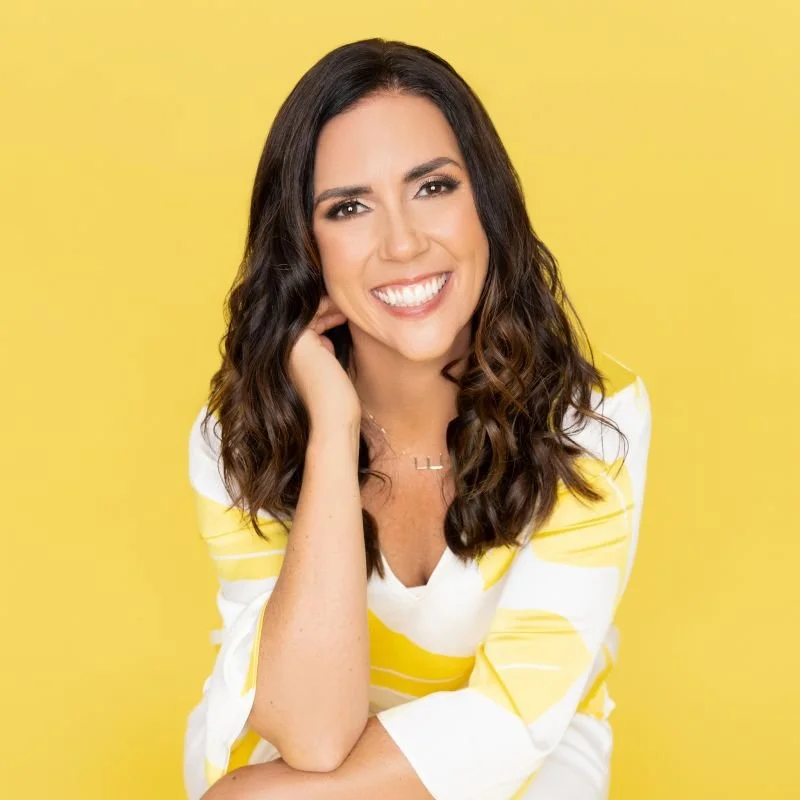The power of saying yes: choosing what truly matters
Just Something #8
When you say yes to something, consider what you are saying no to.
Just Something More #8
Like myself, many of you may have heard this before. It wasn't until recently that it resonated with me. It started with a story I read about saying YES to your child when they ask you to play. Their attention spans are small, and it may be only 15 minutes out of your day, but it could create a lifetime memory for them.
But this goes further. We say yes to things every day. I want to be better at saying yes to things I want to say yes to, things that matter to me, things that fill me up. What are you going to say YES to today and therefore relinquish the guilt of the underlying no?
The Impact of Saying Yes
Saying yes can open doors to new opportunities, experiences, and relationships. It can lead to personal and professional growth by pushing us out of our comfort zones and encouraging us to embrace change. However, saying yes indiscriminately can also lead to burnout, stress, and a sense of being overwhelmed.
When we say yes to one thing, we are inevitably saying no to something else. Understanding this trade-off is crucial for making mindful choices that align with our values and priorities.
The Power of No
Learning to say no is equally important. It allows us to protect our time, energy, and mental well-being. Saying no can be challenging, especially when it involves turning down opportunities, requests, or invitations from people we care about. However, it is a vital skill for maintaining balance and ensuring that we have the capacity to fully commit to the things we say yes to.
Balancing Yes and No
Finding a balance between yes and no involves self-awareness and intentional decision-making. Here are some tips to help you navigate this balance:
Reflect on Your Priorities: Take time to consider what matters most to you. This could include your family, career, health, or personal growth. Use these priorities as a guide when deciding whether to say yes or no.
Assess the Trade-Offs: Before committing to something, think about what you might be giving up. Is the opportunity worth the potential cost? Will it bring you closer to your goals or align with your values?
Set Boundaries: Clearly define your limits. Let others know when you are available and when you need time for yourself. Setting boundaries helps prevent overcommitment and ensures that you have time for the things that matter most.
Practice Saying No: It can be helpful to practice saying no in a firm but respectful way. You might say, "I appreciate the offer, but I need to focus on other commitments right now." Practicing can make it easier to say no when necessary.
Embrace the Yes Moments: When you do say yes, do so wholeheartedly. Engage fully in the activity or commitment, knowing that you have made a mindful choice. This can enhance your experiences and create more meaningful memories.
Personal Experiences with Yes and No
Reflecting on personal experiences can provide valuable insights into the impact of our choices. For example, saying yes to spending time with loved ones, even for a short period, can strengthen relationships and create lasting memories. Conversely, overcommitting to work or social obligations can lead to stress and a feeling of being spread too thin. For more insights on personal growth check out “The Power of Saying Yes: Choosing What Truly Matters”
Professional Contexts: Yes and No at Work
In professional settings, the balance between yes and no is just as critical. Saying yes to new projects, responsibilities, or opportunities for learning and development can advance your career. However, it's important to ensure that these commitments are manageable and align with your long-term goals. Saying no to additional tasks that do not serve your objectives or that you cannot realistically manage can help maintain your productivity and job satisfaction.
The Emotional Aspect of Choices
The emotional impact of our choices cannot be understated. Saying yes can bring joy, excitement, and fulfillment, while saying no can provide relief and a sense of control. Both choices can also bring feelings of guilt or regret, but recognizing these emotions and understanding their root causes can help in making better decisions in the future.
Conclusion
Ultimately, the power of saying yes and no lies in the ability to make intentional choices that reflect our values, priorities, and well-being. By being mindful of what we agree to and what we decline, we can create a balanced and fulfilling life.
In dedication to: All the people and things I want to say yes to! Check out this story about saying yes!


